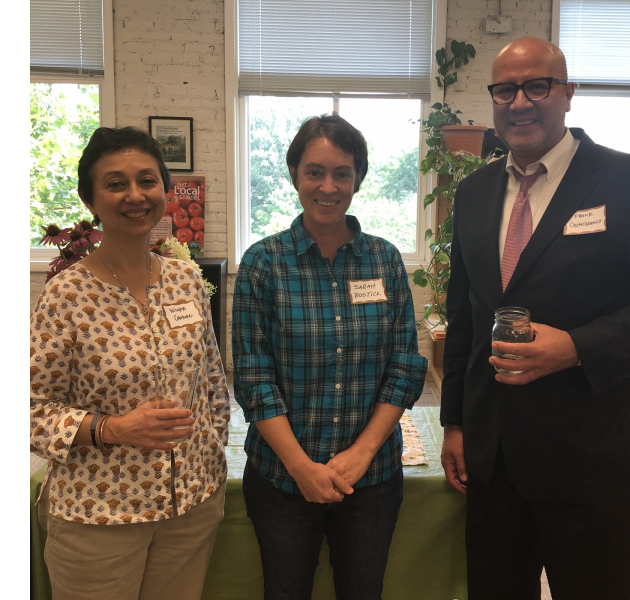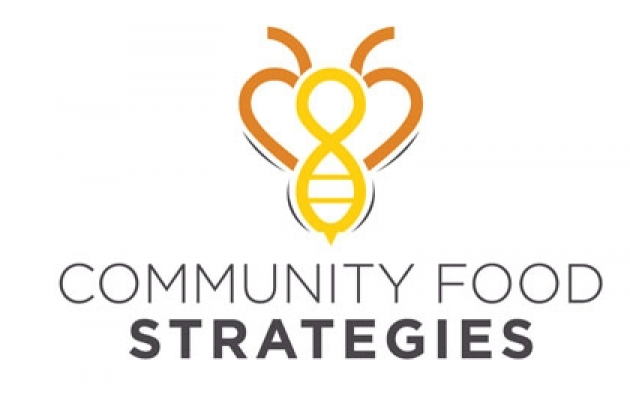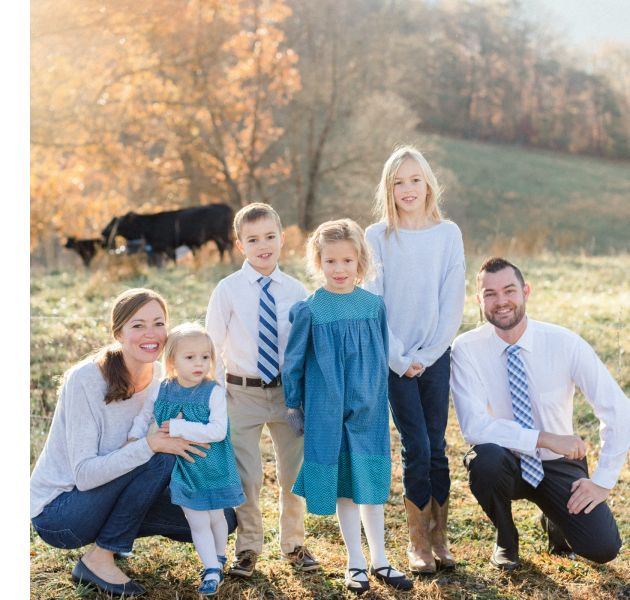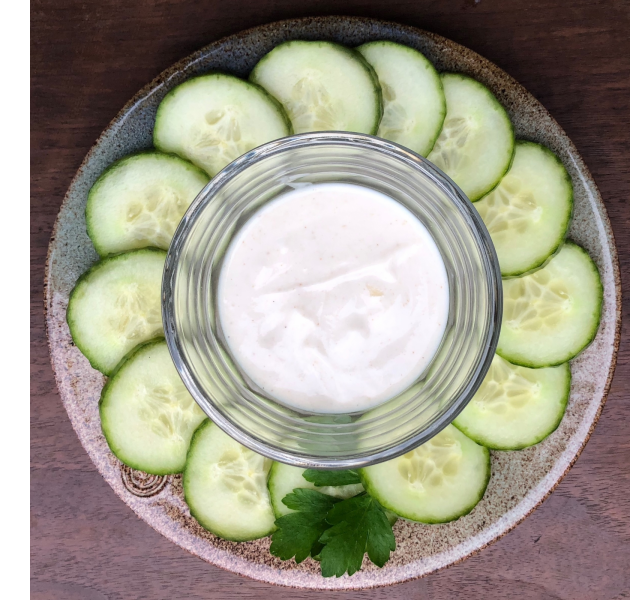|
|
|
monthly news from ASAP | JULY 2021 | asapconnections.org
|
| |
|
|
Announcing 22 Farms for ASAP's Farm Tour, Sept. 18–19
|

22 farms will participate in ASAP's 2021 Farm Tour, Sept. 18-19, 12-5 p.m. These farms, including nine new to the tour in 2021, represent some of the amazing diversity of agriculture happening in our region, from berries to livestock, vineyards to creameries, fiber to flowers. Farms are organized by cluster to help you plan and maximize your time on the farm. Learn more about what each farm will offer on the tour and use our Farm Tour map to start planning your weekend. Advance passes ($35, good for all passengers in your vehicle) are on sale now. You can also sign up to volunteer for one day of the tour and tour for free the day you aren't working.
- Fairview/Fletcher Cluster: Flying Cloud Farm, Hickory Nut Gap Farm, Cane Creek Valley Farm, Raspberry Fields
- West Cluster: Smoking J’s Fiery Foods, Sustainabillies/Two Trees Farm, The Ten Acre Garden, Smoky Mountain Mangalitsa
- Leicester Cluster: Mount Gilead Farm, Long Branch Environmental Education Center, Addison Farms Vineyard, Farm Retreat/Farmhouse Beef, SAHC Community Farm: Blazing Star Flowers and Lunar Whale Herbs
- Henderson/Transylvania Cluster: North River Farms, Holly Spring Farm, Pope Farms/Packa’s Place, Sideways Farm & Brewery, Clem’s Organic Gardens
- Barnardsville Cluster: Burley Stick Farm (featured below in the Faces of Local interview), Barn Blossom, Good Fibrations Angora Goats
|
|
 |
Welcome New Staff and Board Members
|
 The ASAP staff and and board of directors gathered in person for the first time since the start of the pandemic. We welcomed two new board members as well as new staff to our team. The ASAP staff and and board of directors gathered in person for the first time since the start of the pandemic. We welcomed two new board members as well as new staff to our team.
Sarah Bostick is our new Local Food Campaign program coordinator. Sarah has nearly two decades of experience farming and working in ag support, most recently as a Sustainable Agriculture Extension Agent with the University of Florida. She grew up in North and South Carolina, and we’re thrilled to welcome her back home! Reach out to Sarah for farmer assistance and Appalachian Grown certification.
Frank Castelblanco, joining the board, is the chair of Continuing Professional Development at MAHEC Continuing Education. "I joined the ASAP board because as a cardiovascular nurse I cared for a number of individuals with heart disease," he told us. "This is preventable in many instances through diet and exercise. I also witnessed some major disparities such as the incidence of heart disease is much higher for African Americans and diabetes is quickly becoming the number one health issue for Hispanics. ASAP promotes local sustainable farms and healthy eating and, through Growing Minds, has educational programming for youth."
Nilofer Couture, also joining the board, is a dietitian and Clinical Nutrition Manager at Cherokee Indian Hospital. "Promoting local foods and sustainable agriculture is so important for local communities and I love how ASAP does this with their vast network of farmers, vendors, shoppers, and supporters," she said. "As a dietitian, I recognize the importance of fresh, local food and the role it plays to keep us healthy. I love how ASAP helps farmers access market opportunities and promote their farms. Close to home, Darnell Farms in Swain County is an example of how ASAP has helped farmers diversify their business using agritourism. I recently attended their strawberry festival, which was wonderful!"
|
|
 |
Community Food Strategies Annual Meeting
|
 ASAP is one of seven organizations that make up Community Food Strategies, a collaborative partnership working to empower local food councils across North Carolina to help build an equitable, community driven food system that improves the quality of life for all people. The partnership works towards this vision by providing tools, trainings, funding, and networking opportunities to convene the 36 food councils across the state. ASAP is one of seven organizations that make up Community Food Strategies, a collaborative partnership working to empower local food councils across North Carolina to help build an equitable, community driven food system that improves the quality of life for all people. The partnership works towards this vision by providing tools, trainings, funding, and networking opportunities to convene the 36 food councils across the state.
This week Community Food Strategies hosted its virtual annual meeting of all seven partner organizations with the goal of deepening relationships and discussing ways to leverage our collective action to build a more just and equitable food system. ASAP's Community Food Strategies point person (otherwise known as Local Food Research Center program coordinator Amy Marion) brought development director Nora Scheff along to attend the convening.
|
|
 |
 FACES OF LOCAL FACES OF LOCAL |
| Morgan and Darrell Metcalf
|
| 
ASAP likes to share the stories of people who help us fulfill our mission. This month we talk with farmers Morgan and Darrell Metcalf of Burley Stick Farm, which will be part of ASAP’s Farm Tour, Sept. 18–19. They’re pictured with their children on the farm.
Tell me a little about this history of the farm.
Burley Stick Farm has been farmed by the Metcalf family since 1918. Although it’s traditionally been a burley tobacco farm, it’s always been home to a number of beef cattle, which is the primary focus today. Old functional buildings such as the spring house, casing house, and “old shop” still have the old equipment in them such as the mule equipment and stone forge for metal working. The fifth generation of Metcalfs are currently learning both the pragmatic farming practices that we’ve embraced over the years as well as any new applications that will allow them to continue to be good stewards of the land.
What are you doing on the farm presently?
Burley Stick Farm raises pastured angus beef for direct customer purchase on the farm. In addition to the stocker calves that are raised and sold for beef annually, we maintain a constant cow/calf operation throughout the year. We also raise soy-free, non-GMO pork and chicken. In truth, with as much time as we spend on pasture management and in the hay fields, I think we’re just grass farmers most of the time!
What are you most excited about sharing with visitors during the Farm Tour?
We’re excited to show visitors how we manage our beef cattle herd. This includes the details of our grazing operation, feeding, watering, and general care. We enjoy discussing how our farm has been retained by our family through the years and talking about how our children are currently engaged in and working on the farm daily.
You’re raising the fifth generation of farmers at Burley Stick now. What are some experiences they have on the farm?
Our children are all highly involved in our daily farm tasks. We have four children, 13, 10, 8, and 3. The older three each have responsibilities and things that they also take pride in handling. For example, our 10-year-old son feeds and waters the laying chickens (about 25) daily. He’s also responsible for checking eggs daily. Our 13-year-old daughter has a strong interest in our artificial breeding program for the cattle. She now selects her own sires for her stock that are being AIed. On days when beef arrives back from processing for customer pick up, every family member is expected to pitch in. Our children are all homeschooled, but we think it’s more like “farm-schooled.”
Passes for ASAP’s Farm Tour, Sept. 18–19, are on sale now. Advance passes are $35 and good for all passengers in a single vehicle to visit any farms on both days.
|
|
|
|
 RECIPE OF THE MONTH RECIPE OF THE MONTH |
| Homemade Ranch with Cucumber Moons
|
|  It's been a while since our Growing Minds team has been able to do an in-person local food taste test, but we partnered with the Asheville YMCA Explorer Day Camp for one last week. The kids—ranging in age from 4 to 12—tasted (and talked about the differences between) pickling and Chinese cucumbers from Lee's One Fortune Farm. Growing Minds program coordinators Gwen Hill and Debbi Timson prepared this ranch dressing to serve alongside. It's been a while since our Growing Minds team has been able to do an in-person local food taste test, but we partnered with the Asheville YMCA Explorer Day Camp for one last week. The kids—ranging in age from 4 to 12—tasted (and talked about the differences between) pickling and Chinese cucumbers from Lee's One Fortune Farm. Growing Minds program coordinators Gwen Hill and Debbi Timson prepared this ranch dressing to serve alongside.
Serves 20 children as a taste test, or as a snack for a family of 3–4
Ingredients:
- 1-2 cloves garlic (optional)
- 1/4 cup parsley, finely chopped
- 2 Tbsp. chives or green onion, finely chopped
- 1 cup mayonnaise
- 1/2 cup sour cream or Greek yogurt
- Milk
- Salt and pepper
- 2-3 local cucumbers
Directions:
- Mince or press the garlic.
- Add parsley and chives. Add other herbs as you like.
- In a bowl, whisk the garlic mixture with the sour cream and mayonnaise. Add salt and pepper to taste.
- Chill for a couple of hours before serving. Thin with milk if needed.
- Slice cucumbers into circles (moons) and serve with the homemade ranch dip.
|
|
|
|
PHOTOGRAPHER SPOTLIGHT |
|
Our July photo of the month was taken by Camilla Calnan Photography of Tiny Bridge Farm. Buying directly from farmers, whether at a farm stand, at a farmers market, or though a CSA, means getting fruits and vegetables harvested at their peak—possibly even the same day you buy them. You can search for farm stands throughout the region at appalachiangrown.org.
|
|
|
|
 MEDIA HIGHLIGHTS MEDIA HIGHLIGHTS |
| "If you've yet to experience the Farm Tour, it's an excellent way to be a tourist in your own region while sampling farm-fresh food, meeting local farmers and, sometimes, their animals. The event runs from Sept. 18-19, noon-5 p.m., and offers the chance to roam the grounds of 22 area farms."
"In 2020, [Delia] Jovel [of the farming cooperative Tierra Fertil] also helped launch the Abundancia Food Bank in Hendersonville to provide fresh produce and culturally specific foods to local immigrant families experiencing food insecurity during the pandemic. The food bank went from serving 10 families in May to 90 by December. [...] In June the group secured a partnership through the nonprofit Appalachian Sustainable Agriculture Project (ASAP). The organization buys food from the farm to supply the Abundancia Food Bank."
—Civil Eats featured Henderson farming cooperative Tierra Fertil, including its partnership with ASAP's Appalachian Farms Feeding Families program
"Because of the mountains, our farms are smaller. That is why we see more of these diversified, family farms selling direct to consumers. We're really lucky to be here in that environment and at this time when the local food movement has been building for the last 20 years, so now we're at a place where here in the city of Asheville we have eight to ten farmers markets that we can go to almost every day of the week. We have so many restaurants that either buy at the markets or work directly with farmers to fill out their menus. It's kind of like a little paradise."
"ASAP started in the 1990s as regional farmers began transitioning away from growing tobacco. Now the nonprofit’s mission is to connect the community with local food. That includes a local guide with more than 80 u-pick farms across the region."
|
|
|
|
|
|
|
| | |
ASAP's mission is to help local farms thrive, link farmers to markets and supporters, and build healthy communities through connections to local food.
|
|
|
|
|
|
|
|
|
|
|